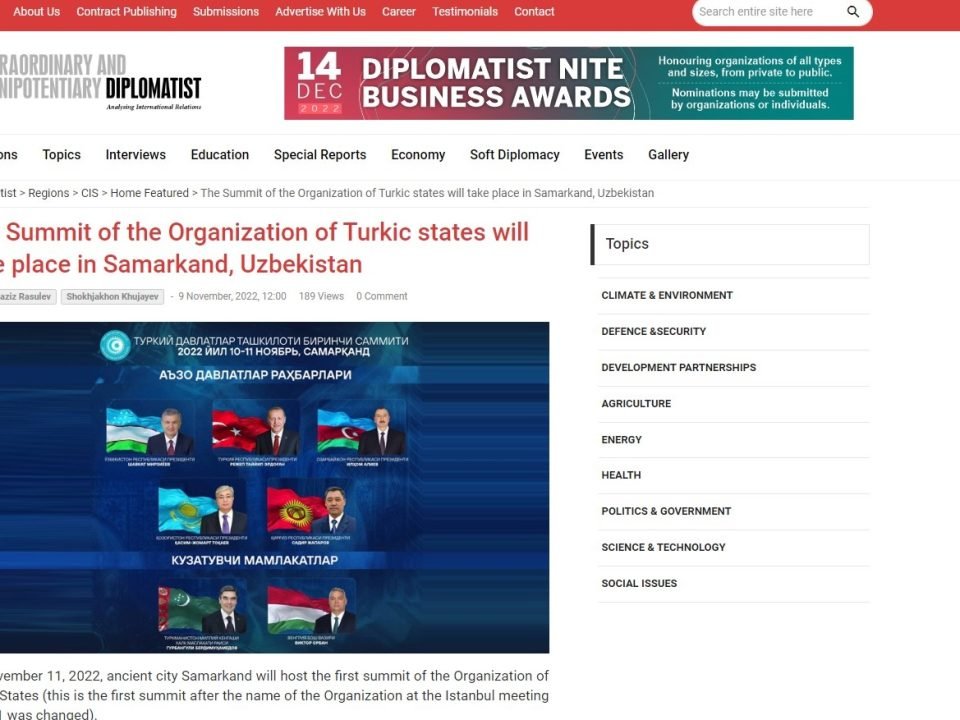Ecological tourism (ecotourism) – these are the options, types and methods of cognitive trips of varying difficulty (including, for example, adventure travel), for which the main resource and motivation is the natural environment or its individual elements: landscapes, nature monuments, certain species of plants or animals, or a combination thereof.
As you know, all over the world eco-tourism or eco-tourism from year to year is becoming more urgent importance. Ecotourism – a form of sustainable tourism, focusing on visits to relatively undisturbed natural areas of human influence. According to the UNWTO, eco-tourism – one of the fastest growing trends in tourism.
Eco-tourism as an active form of recreation , based on the sustainable use of natural goods, plants a system of values, which are the contemplation of nature, spiritual enrichment from communicating with her, being involved in the protection of natural heritage and the support of the traditional culture of local communities.
Ecotourism – is responsible travel to natural areas that promotes conservation and improves the welfare of local people.
Thus, the main goal of ecotourism is a picture of the natural, cultural and ethnographic characteristics of the area where it does not violated the integrity of the ecosystem and to create an economic environment in which the conservation of nature and natural resources is beneficial to the local population.
With each passing year, and this trend is developing in Uzbekistan. A growing number of tour operators in the country include the organization of the service portfolio of eco-tours. Moreover, a number of companies specialize solely in this area. For Uzbekistan – is not only the world-famous ancient monuments of history and architecture. Natural and climatic characteristics of the country give a huge scope for eco-tourism. Tours of the desert, mountain hikes to glaciers, trips to the Protected Areas and much more.
Without exaggeration, we can say that this type of tourism in the country paid attention at the state level: the act “Ecological Movement of Uzbekistan”, representing their interests through a group of deputies of the Oliy Majlis of the Republic of Uzbekistan.
Ecotourism opportunities in Uzbekistan are very diverse and rich: it is Ugham Chatkalsky State Natural Park, and riparian forests in the delta of the Amu Darya River, the region of “environmental disaster” in the Aral Sea, desert terrain and the Kyzyl Kum desert, mountain and lake Nuratin Aydarkul that Farish district of Jizzakh region, where he successfully operate small guest houses («Guesthouse»), and more. Tour-operators mainly practiced combo tours where positioned “classic”, ie historical, cultural and eco-tourism trips, particularly on rural tourism.
For example, in the Kyzyl Kum desert, there are four yurt camp, the largest of which is located near the village of Dongelek Nuratinsky district of Navoi region.
What can offer the traveler a yurt camp? Picnics by the water, riding on a boat on the lake Aidarkul climb through the mountains, watching the stars through a telescope, singing around the campfire, the performance akin, shooting at targets from the bow of a nomad, a jeep tour through the dunes, camel riding , guessing desire in “the tree of happiness”. And that’s not all the offers that are available only ecotourists.
Apart from relaxing in the unique geographical location places Nuratinsky district of Navoi region of Uzbekistan also interesting from the ethnographical side. Locals desert and steppe and mountain regions to this day preserved cultural and historical features of traditional life. The remoteness of these places from the modern urban world allowed to survive in this territory unique crafts. It is still possible to see how the hand- woven rugs, roll the felt mat, embroider Suzanne.
Am encouraged by the fact that in recent years to such a rest more attended to, and the residents of Uzbekistan from among the townspeople. So it is important that the unique natural heritage of the republic was the object of admiration and pride not only foreign tourists but also Uzbeks.
Of course, in this area there are also some problems and difficulties: it is the simplification of licensing for small hotels in remote areas above guesthouses in rural areas a number of regions of the country , the simplification of standards for certification of guest houses in traditional style, failures in providing gas and electricity in some areas, lack of infrastructure in the field of quality of service required for foreign tourists, the lack of skills among staff, ” human ” problems, etc.
https://www.sarkaritel.com/ecological-tourism-in-uzbekistan/


























